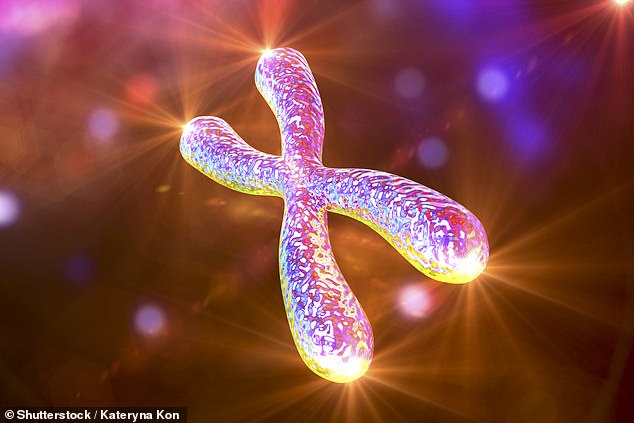
Breakthrough in Synthetic DNA Research Sparks Ethical Debate
Scientists have made a significant and controversial advancement in the field of synthetic biology by attempting to create human DNA from scratch. This development has raised concerns among experts, with some comparing it to "playing God." The research aims to unlock new treatments for a range of medical conditions, including autoimmune disorders, heart failure, viral infections, and age-related diseases.
The project involves building large, complex sections of human DNA in the lab and inserting them into skin cells to observe their function. The ultimate goal is to construct entire human chromosomes, which would be a critical step toward assembling a fully synthetic human genome. However, this progress has sparked ethical and safety concerns, as experts warn that the technology could lead to catastrophic risks, such as the creation of biological weapons or genetically engineered "designer babies."
Professor Bill Earnshaw of the University of Edinburgh emphasized the potential dangers, stating, "The genie is out of the bottle." He warned that if an organization with the right equipment decided to start synthesizing anything, it might be impossible to stop them. Dr Pat Thomas, a long-time campaigner on genetic ethics, added that while many scientists have good intentions, the science can be repurposed to cause harm, even for warfare.
Every cell in the human body, except red blood cells, contains DNA, the molecule that carries the genetic instructions for life. DNA is composed of four chemical bases—A, G, C, and T—which repeat in countless combinations to form the code that determines traits like eye color and disease risk. Over the next five years, teams from the University of Oxford, Cambridge, Kent, Manchester, and Imperial College London will collaborate to build and test synthetic DNA in the lab.
Their short-term goal is to better understand how DNA influences human development, health, and aging. By constructing DNA from scratch rather than editing existing strands, scientists gain unprecedented control to explore genetic function and test new biological theories. This research could help uncover how faulty cells trigger disease or lead to the creation of disease-resistant tissues and repair techniques for organs like the heart or liver.
Dr Julian Sale of Cambridge's MRC Laboratory of Molecular Biology explained that the work is about developing therapies that will improve people's lives as they age, leading to healthier aging with less disease. He also noted that the technology allows researchers to explore the so-called "dark matter" of the genome—the vast, little-understood regions of DNA that don't code for proteins but may play critical roles in cellular function.
Professor Matthew Hurles of the Wellcome Sanger Institute highlighted the potential for the work to revolutionize treatment by revealing why certain cells cause disease and how to fix them. While medical applications may still be years away, researchers believe the work could eventually lead to breakthroughs like virus-resistant tissues, lab-grown organs, or advanced cell-based therapies.
"Building DNA from scratch allows us to test out how DNA really works and test out new theories, because currently we can only do that by tweaking DNA in existing living systems," said Dr Sale.
This approach may also lead to advances beyond the human genome. Philosophy professor Iain Brassington from the University of Manchester pointed to the potential for creating synthetic mitochondria, the cell’s energy powerhouses, which could help women with inherited mitochondrial disorders have children without relying on egg donors. However, he also warned of serious consequences if the technology is misused. For example, lab-engineered bacteria designed to clean up oil spills or digest plastic could wreak havoc if released into the environment.
"Such bugs getting into the environment could be catastrophic," he said.
Post a Comment